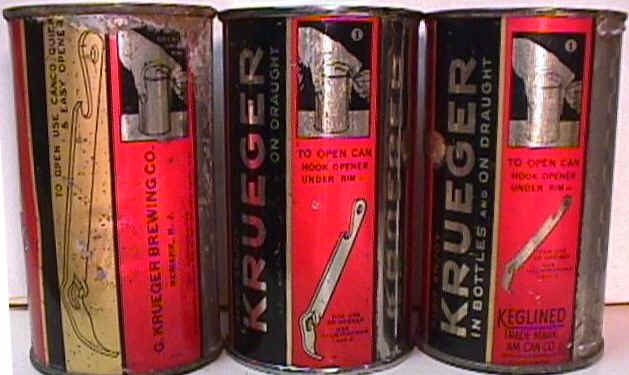Fact or Fiction:
Drinking out of a plastic water bottle left in a hot car can lead to cancer?
That?s the buzz on the Internet.� It?s convient, fresh and clean.
Or is it?
?The problem with water bottles is, it?s made of plastic,? said Dr. Ravi Patel with Comprehensive Blood and Cancer Center. ?And there?s different kinds of plastic. Plastics actually release different chemicals in different situations.?
Dr.�Patel, founder of the Comprehensive Blood and Cancer Center, says heat can release cancer-causing toxins, which leak from plastic into water and even food.
There are two chemicals he says pose the biggest threat.
?Dioxin and another one, �BPA,�Bisphenol A,�These two products are connected to plastics and that has been associated with a whole host of health issues including birth defects, cancer. A variety of things,? said Dr. Patel.
17News contacted Dr. Patel after receiving an email that suggested�leaving bottled water in your car is very dangerous. The email said plastic water bottles have been�been identified as the most common cause of high levels of dioxin in breast cancer tissue.
The email claims to be from Johns Hopkins University, but when the school?s website was checked, there was�no mention of this.
Many believe it?s a hoax. But, Dr. Patel still says it?s a real possibility.
?You don?t want to wait for all the evidence to show you it causes cancer. There?s enough evidence right now that it can be carcinogens. So if it?s easy and simple to avoid the product in your life, you should try to avoid it.?
But The American Cancer Society says more research needs to be done.
?There really isn?t evidence and there�really isn?t going to be evidence soon about how these things increase individual cancer risk. The individual risk of developing cancer is going to be very very small,? said Dr. Tune with The American Cancer Society.
Though doctor Tune downplays the connection, he says high levels of BPA have been linked to an increased risk of reproductive issues, not cancer.
As we wait for more research, Dr. Patel says now is the time to start changing habits.
?I think the psychological makeup that the water bottle is the cleanest safest thing isn?t necessarily true. So, if you go ahead and look at the mug, you look at the steel mug, and then you look at the water bottle. It?s equally easy to carry. It?s an easy change to make. It could be a change that affects your family, your children, your health on a long term basis,? said Dr. Patel.
So if plastic is still your pleasure, look at the triangle on the bottom of any plastic container or water bottle.
Researchers say it?s important to stay away from anything with the number 7 or PVC.
Those products contain higher levels of chemicals.


